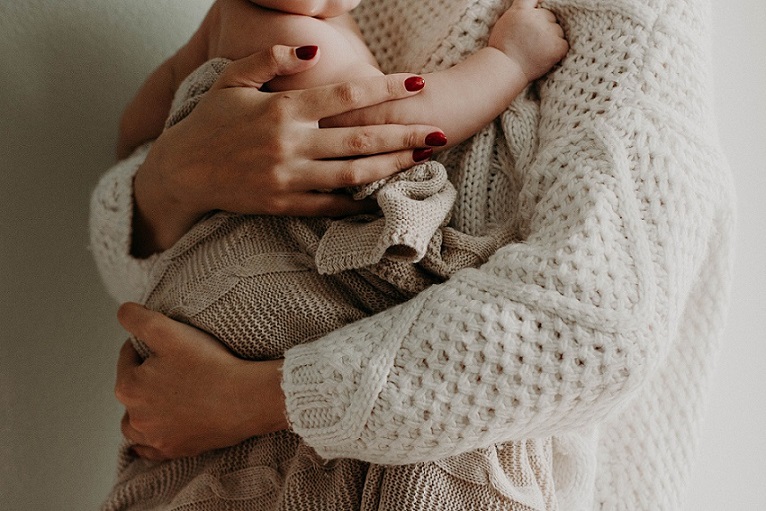
Close


When illness strikes, it does not just affect the patient – it also affects the family and those who are close to the patient. This situation becomes more delicate when the patient has young children. Often, children are unable to comprehend the severity of the matter. They might also be unable to articulate to those around them about their feelings regarding a sick parent or loved one.
Sometime ago, when working with a young family, I had the opportunity to chat with six-year-old Jeremy* and 12-year-old Julie*. They are the children of Mdm Tan*, a 35-year-old lady suffering from end-stage cancer.
What became evident was that Jeremy and Julie were able to sense that something was wrong and that their mother was not feeling well. They even knew that soon there would be a time that their mother would be “no more” – they were able to know this even though neither their father nor the other adults had told them about their mother’s condition.
At times, the children would ask seemingly innocent but poignant questions. Jeremy, the younger one, would ask, “If mommy does not become better, will she become a star in the sky, will she still be able to see us?”
Julie, the older one, would ask, “How do you think my family will be in one year’s time?”
As a Medical Social Worker, I sometimes struggle to reconcile with such tragic news. It is not easy to know that a loving parent will pass on and leave behind young children.
Because we were once young, we know that our parents looked after us and no one loved us as much as them. What more a dying parent? The bond between parent and child is so unique that no amount of love can replace the care of a parent, not even a loving aunt or grandmother.
Just like all the spokes in a wheel, the child will need support from everyone around them. As Medical Social Workers, we facilitate alternative caregivers, such as the surviving parent or guardians, to be consistent in their care, to be attentive to the child’s emotional needs and let their voices be heard. The aim is to allow the child to form a secure attachment bond with their primary caregiver and to feel safe, allowing them to develop good self-esteem.
The reality is that no one chooses to fall sick, but when terminal illness happens, it does not just affect the patient but also their loved ones and family members.
Currently, Jeremy and Julie have formed a strong bond with their father and grandmother. They also take comfort in knowing that nothing can change the relationship that they had with their mother.
*names have been changed